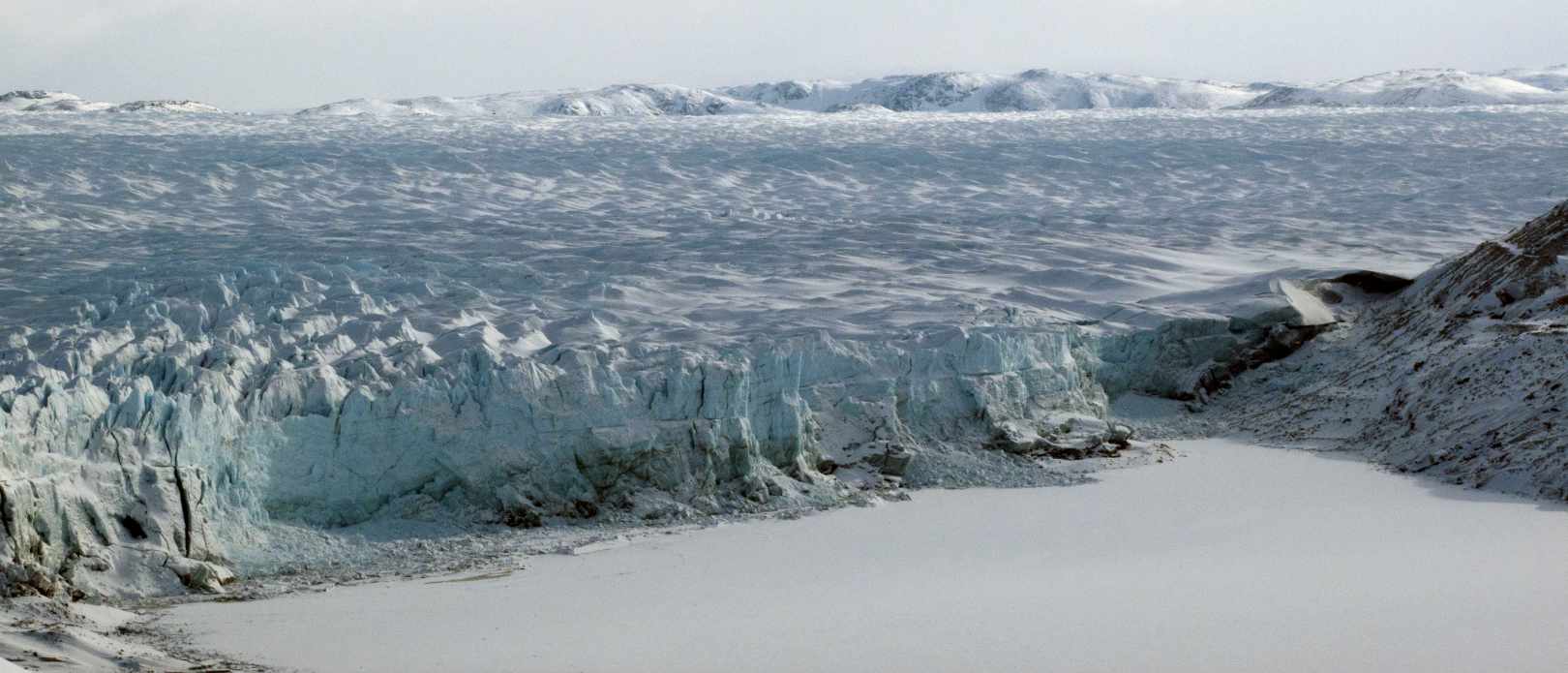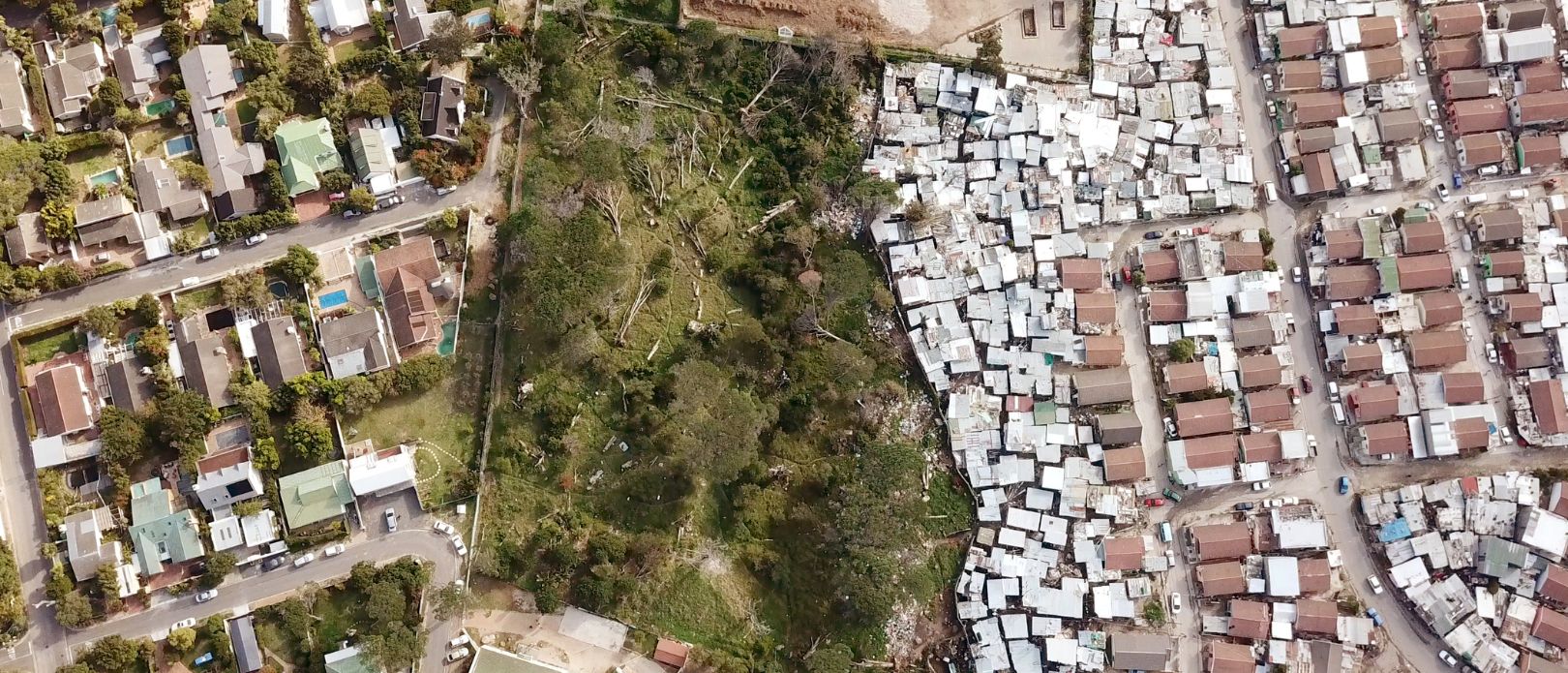CLIMATE CHANGE
IPCC: It’s not too late if we take climate action now

Greenland and its ice sheets are at high risk of tipping if temperatures rise. Photo: Alexey Seafarer via Canva.
In its most recent report, the Intergovernmental Panel on Climate Change (IPCC) issues a stark warning but also a message of hope
- New IPCC synthesis report outlines how climate change can be halted
- The report calls for urgent and immediate action
- There is sufficient global capital to rapidly reduce greenhouse gas emissions, according to the report
“We are already seeing the impacts of climate change today, and they will continue to worsen. Research has shown that we are approaching climate tipping points, already at 1.5 degrees warming,” comments Line Gordon, director of the Stockholm Resilience Centre.
She continues:
“It is still possible to halt current climate change trends and secure a liveable future for all, according to the new IPCC report. But the window of opportunity is narrowing quickly; we must act now.”
The IPCC synthesis report, which was released on 20 March 2023, is the fourth and final instalment of the sixth assessment report (AR6). The IPCC publishes comprehensive scientific assessments every six to seven years, and this is one of them.
Climate-resilient development
The report highlights a solutions framework that IPCC call climate-resilient development. At its core, this means that all development should contribute to climate mitigation and adaptation, as well as wider benefits. For climate-resilient development to be realised, it must understand and consider diverse local contexts, worldviews and knowledge.
“The next few years will play a critical role in deciding our future and that of generations to come,” according to the IPCC report.
One reason is that climate-resilient development will become more challenging to achieve if warming and biodiversity loss is allowed to continue.
In its report, the IPCC argues that transformative change is needed. This means a fundamental rethink of how humans interact with their natural ecosystems. This goes in line with similar work on biodiversity by IPBES, the Intergovernmental Science-Policy Platform on Biodiversity and Ecosystem Services.
Climate justice
Another emphasis of the report is placed on climate justice.
“Climate impacts are hitting harder on those who lack the resources to cope with them, both internationally and within countries,” explains Line Gordon.
Often, these are countries and people who historically have contributed least to climate change and are now disproportionally affected.
The report points out that climate action which focuses on equity and social justice leads to more sustainable outcomes. A similar line of thought has recently been published not only for climate change but for all Earth system functions.
The Intergovernmental Panel on Climate Change publishes comprehensive scientific assessments every six to seven years. The newly published synthesis report is the fourth and final instalment of the sixth assessment report (AR6).








